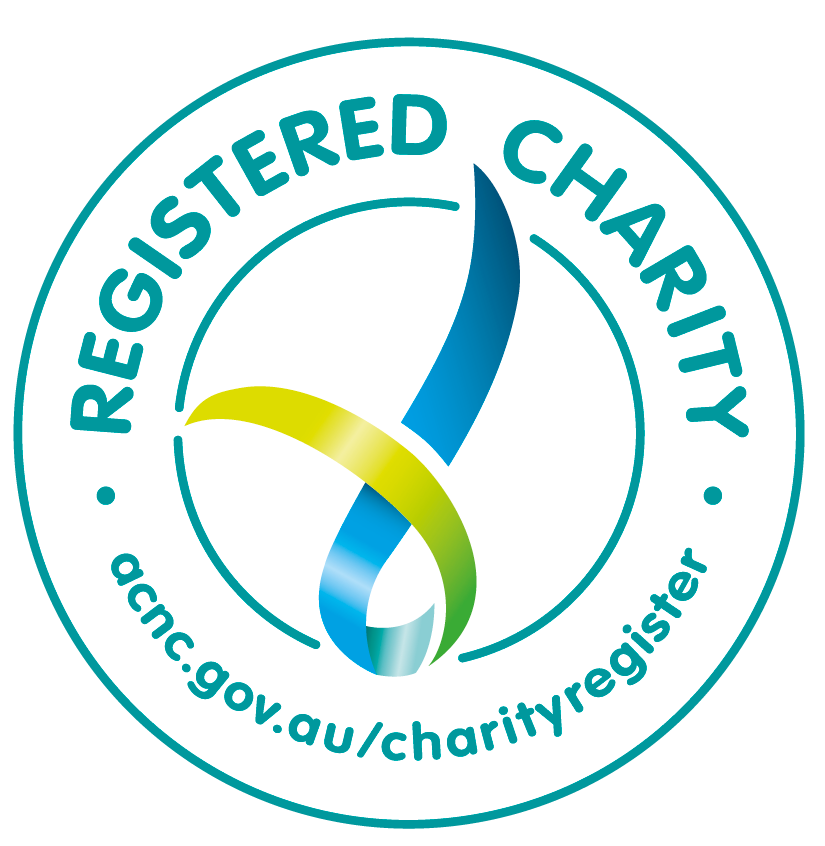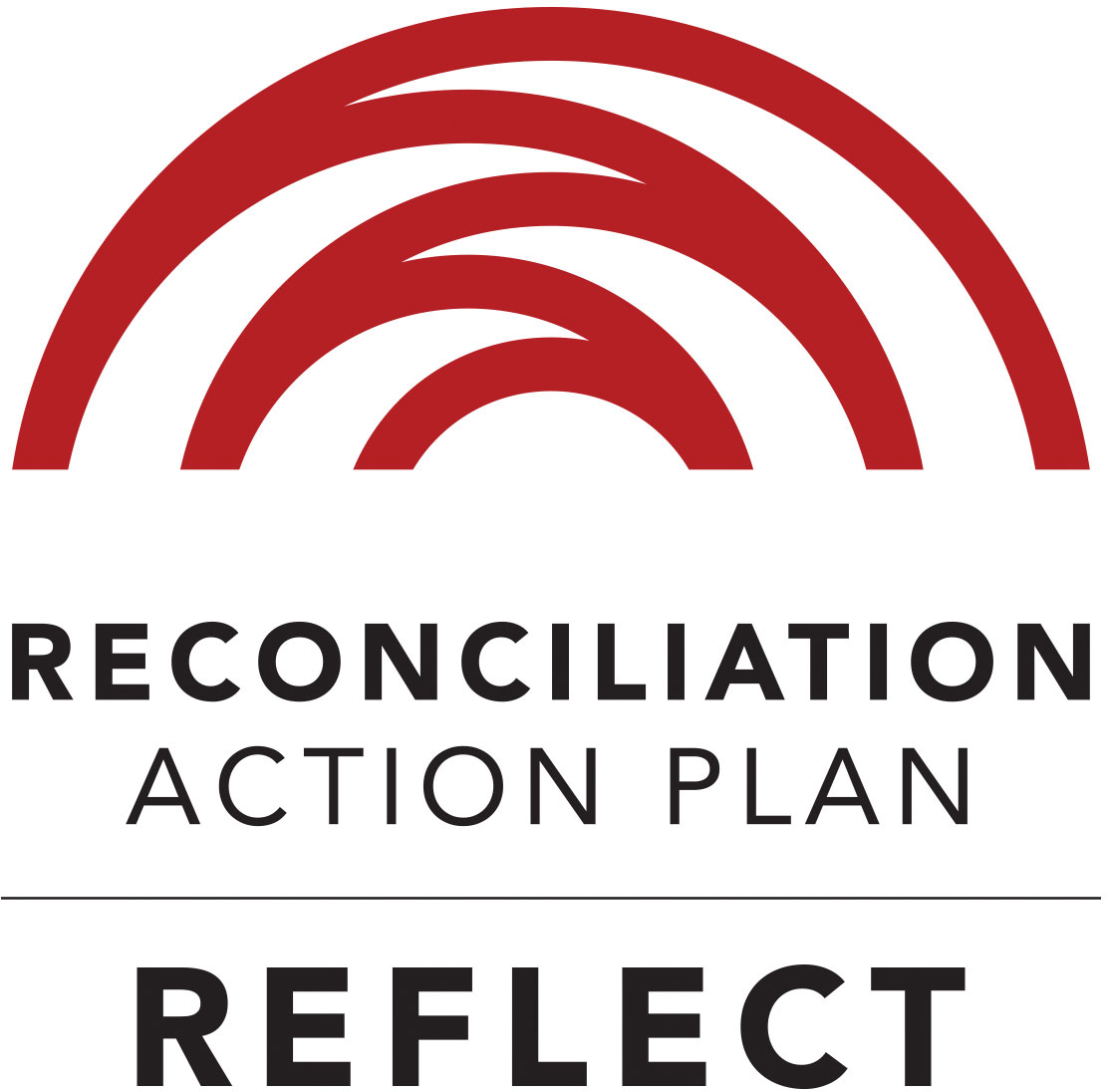More pages in this section
The impact of the cost-of-living crisis in Queensland on mental wellbeing
As the cost-of-living crisis grows across Queensland, its effects on mental wellbeing are being realised, particularly with the rising cost of food. For those living in regional and remote communities, the financial strain is made worse by higher prices and limited access to affordable, healthy food, causing significant mental and physical health challenges.
Food stress on Queensland communities
In May the Australian government announced its budget for the year ahead but has missed the mark to assist the estimated 3.3 million Australians living below the poverty line. This lack of support is deeply felt in Queensland, where many families are struggling to cope with growing living expenses. According to The Queensland Council of Social Service's (QCOSS) fifth annual Cost of Living Report, "food stress" has become a critical issue, with the rising cost of healthy food felt most in remote areas. This challenge is placing intense pressure on household budgets across the state.
Inequality of food prices across Queensland
The cost of food in remote areas of Queensland is significantly higher compared to city locations. Research from the University of Queensland highlights that individuals in these communities are far worse off regarding food access and affordability than people in urban communities. The mix of higher prices and fewer food options makes it increasingly difficult for individuals and families to maintain a nutritious diet, furthering the economic divide.
Mental health impacts of “food stress”
The recent federal government budget was dubbed the cost-of-living budget. Many welcomed the promise of relief to their basic living expenses like power prices, food, and suitable housing etc. However, the budget fell short for many Australians under pressure and will make little difference to those already struggling to make ends meet.
Post budget announcement the ABC conducted a survey from a sample of everyday Australians. This group explained that many simply cannot afford to eat three meals a day, heat their homes, and pay rent. This has left some people feeling so distressed that their mental health has been impacted and they have had thoughts of suicide.
The stress associated with managing rising food costs has profound implications for mental wellbeing. It is reported that freight costs and supermarket monopolies mean rural Australians can pay up to three times more than people who live in or close to cities for some basic items.
For many individuals – particularly those with families, the helplessness of not being able to provide adequate nutrition leads to feelings of inadequacy, depression, and chronic stress. This is especially concerning for people in remote areas, who face the double pressures of financial strain and the inability to access healthy food options. Professor Amanda Lee (leading academic and practitioner in nutrition, obesity, and chronic disease prevention) has been quoted saying that healthy diets were simply unaffordable for some and people with underlying (health) conditions would be impacted the most.
Moreover, the QCOSS report reveals that financial pressures are forcing individuals to skip essential medical treatments because they simply cannot afford them. The decision to forego medical care due to financial constraints further intensifies stress and anxiety, creating a vicious cycle of deteriorating physical and mental health.
The importance of social connections
In times of economic difficulty, maintaining strong social connections is crucial for mental health. Positive peer relationships and community support networks can provide emotional support and practical assistance, helping to buffer the mental health impacts of financial stress. However, the isolation often experienced in remote areas can make it challenging to stay connected, heightening feelings of loneliness and despair.
selectability is bridging the gap to help reduce loneliness and isolation in regional and remote communities in Queensland. Services like our Mental Health Hubs are located in most regions across our vast footprint and provide structured recovery-oriented programs and workshops for individuals seeking support for mental health concerns. No referral is required, and our open-door policy allows consumers to access our programs for as long as they need.
The cost-of-living crisis in Queensland goes beyond financial hardship and includes significant mental health challenges. Addressing this crisis requires a combined effort from government, communities, and individuals to ensure that the basic needs of all regional and remote Queenslander communities are met, and their mental wellbeing is protected to improve the quality of life for those most affected by this ongoing crisis.
Help is available
If you or someone you care about is in immediate need of support, please contact:
- Suicide Call Back Service 1300 659 467
- Lifeline 13 11 14
- Kids Helpline 1800 551 800
- Standby - Support After Suicide 0438 648 268
References:
- Queensland Council of Social Service's fifth annual Cost of Living Report
- University of Queensland research on food access and affordability in regional areas
- Australian Government budget analysis on poverty and support measures
- https://www.abc.net.au/news/2022-06-13/fresh-produce-too-expensive-remote-living-cost-of-living-crisis/101057668
- https://www.abc.net.au/news/2024-05-19/australians-share-their-thoughts-on-cost-of-living-budget/103861210
USEFUL LINKS

selectability acknowledges the Traditional Owners of the land on which we provide services and pay our respects to Elders past, present and emerging. We acknowledge those with lived experience and those who support and partner with us to improve mental wellbeing and prevent suicide across regional Queensland.

